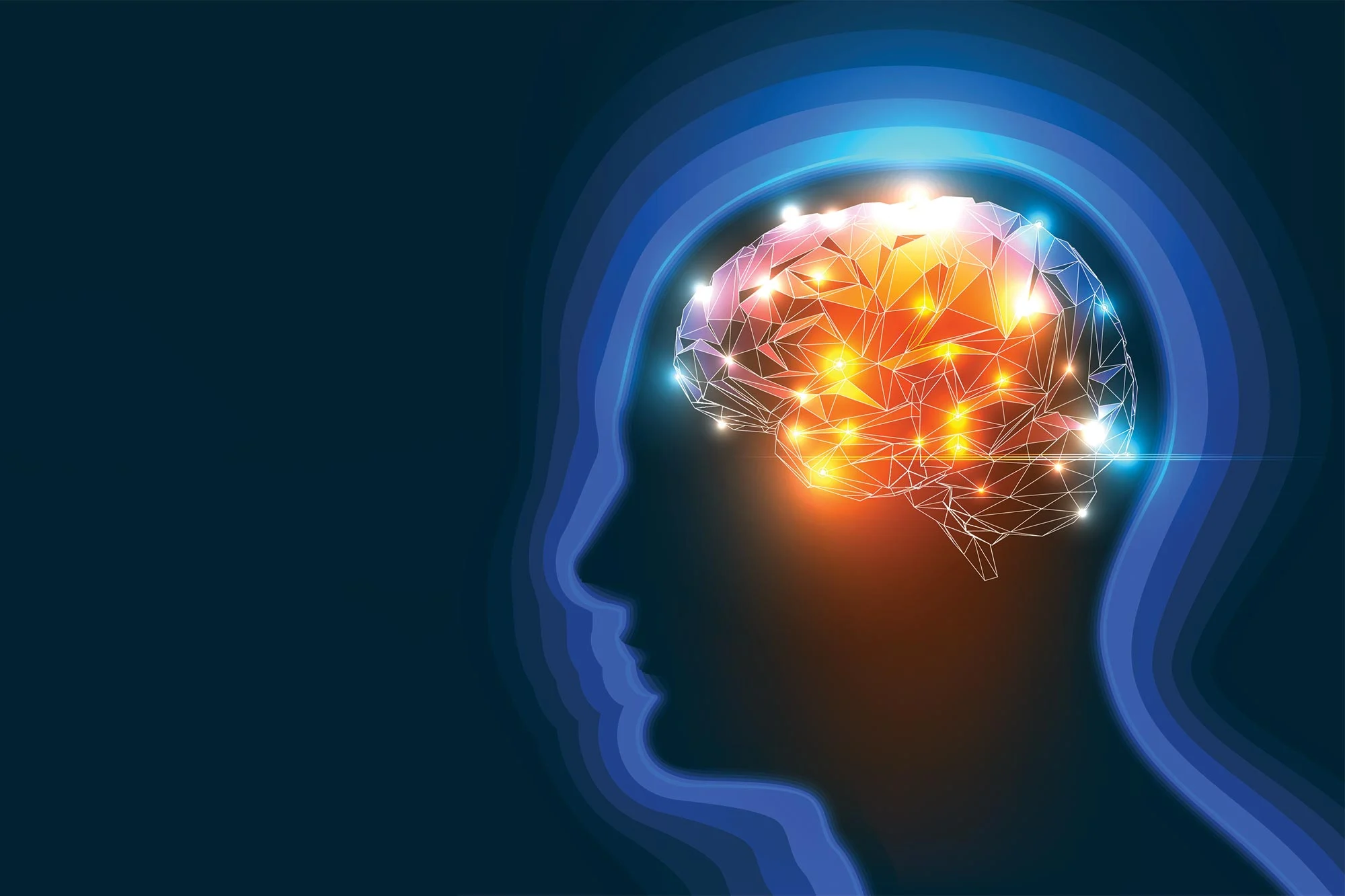Imagine a drug that protects your brain six hours after a stroke. Now imagine that same molecule quietly holds the key to reversing Alzheimer’s and other neurological killers—without the usual side effects, without the heartbreak, and without the ticking clock.
That’s the promise behind GAI-17, a small molecular disruptor developed by researchers in Japan that may become one of the most important brain interventions of our time.
And no one saw it coming.
A Stroke Weapon That Buys Back Time
Strokes kill fast. Brain cells don’t wait. Most treatments only work if administered within 60–90 minutes. Miss that window, and your neurons begin to vanish, one irreversible firework at a time.
But GAI-17 breaks that rule.
In a stunning series of studies on mice, researchers at Osaka Metropolitan University found that GAI-17 significantly reduced brain cell death and paralysis—even when administered six hours after a stroke had begun. Let that sink in: six hours. That’s not just a medical improvement—that’s a rescue mission made possible by molecular precision.
And somehow, it came without the usual baggage: no negative effects on the heart, no vascular stress, no neurological backlash.
It’s not a bandage. It’s a biological off-switch for neuron death.
Targeting the Molecule That Triggers Collapse
At the heart of this breakthrough is an unlikely villain: GAPDH, a common enzyme best known for its role in metabolism. But GAPDH has a dark side—under stress, it aggregates in the brain and becomes a death signal for neurons. Think of it as a molecular panic button that cascades into irreversible damage.
GAI-17 was engineered to interfere with that aggregation process, halting the brain’s self-destruct sequence. It doesn’t just slow damage—it prevents it.
The implications are staggering. Stroke? GAI-17 helps. Alzheimer’s? Early signs say yes. Other neurodegenerative disorders? The door is wide open.
From Emergency Medicine to Everyday Neuro-Defense?
This is more than a medical treatment. It’s the beginning of proactive brain defense.
What if, one day, we don’t just treat strokes—we vaccinate against them?
What if memory loss isn’t inevitable, but something we can chemically delay or even reverse?
What if your brain—under pressure, stress, or aging—could be taught to survive longer, smarter, stronger?
We’re entering an era where medicine no longer just reacts. It prevents, it fortifies, it rewires. GAI-17 may be the first drug in a future arsenal of brain-shielding technologies designed not just to restore what’s lost, but to protect what matters most—our cognition, our memories, our sense of self.
The Road Ahead
The researchers aren’t stopping with stroke models. They’re already expanding into Alzheimer’s, Parkinson’s, and other neurological decline scenarios. If the results hold, GAI-17 could become a platform—not just a drug.
There will be trials, scrutiny, and years of testing. But the outline is already clear: this is a moonshot molecule, and the moon it’s chasing isn’t just recovery—it’s regeneration.
And somewhere in the not-too-distant future, the phrase “brain damage” may lose its permanence.


